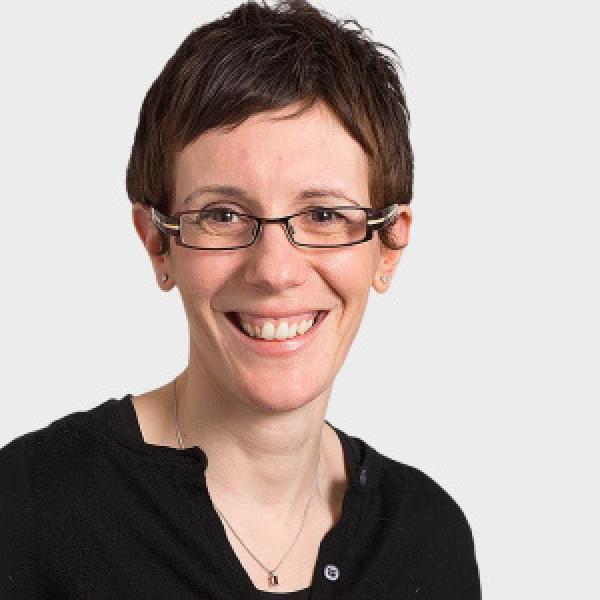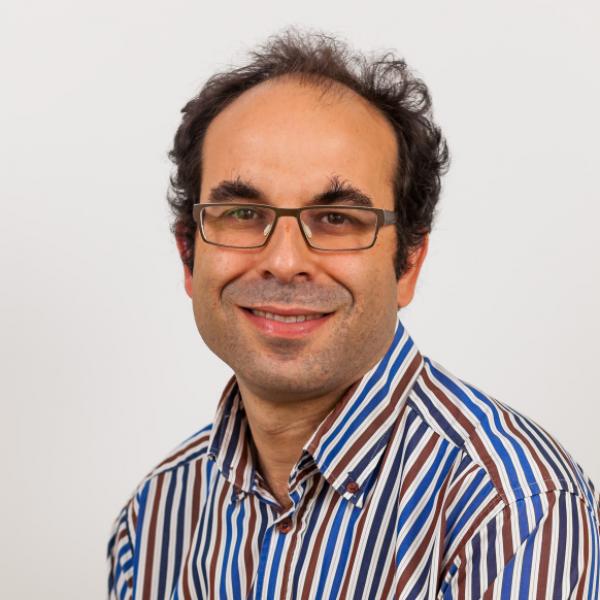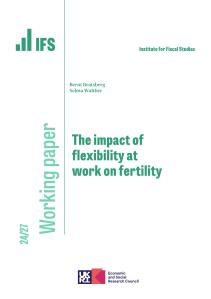Models of household decision-making commonly focus on nuclear family members as primary decision-makers. If extended families shape the objectives and constraints of households, then neglecting the role of this network may lead to an incomplete understanding of health-seeking behaviour. Understanding the decision-making processes behind care-seeking may improve behaviour change interventions, better intervention targeting and support health-related development goals. This paper uses data from a cluster randomised trial of a participatory learning and action cycle (PLA) through women’s groups, to assess the role of extended family networks as a determinant of gains in health knowledge and health practice. We estimate three models along a continuum of health-seeking behaviour: one that explores access to PLA groups as a conduit of knowledge, another measuring whether women’s health knowledge improves after exposure to the PLA groups and a third exploring the determinants of their ability to act on knowledge gained. We find that, in this context, a larger network of family is not associated with women’s likelihood of attending groups or acquiring new knowledge, but a larger network of husband’s family is negatively associated with the ability to act on that knowledge during pregnancy and the postpartum period.












